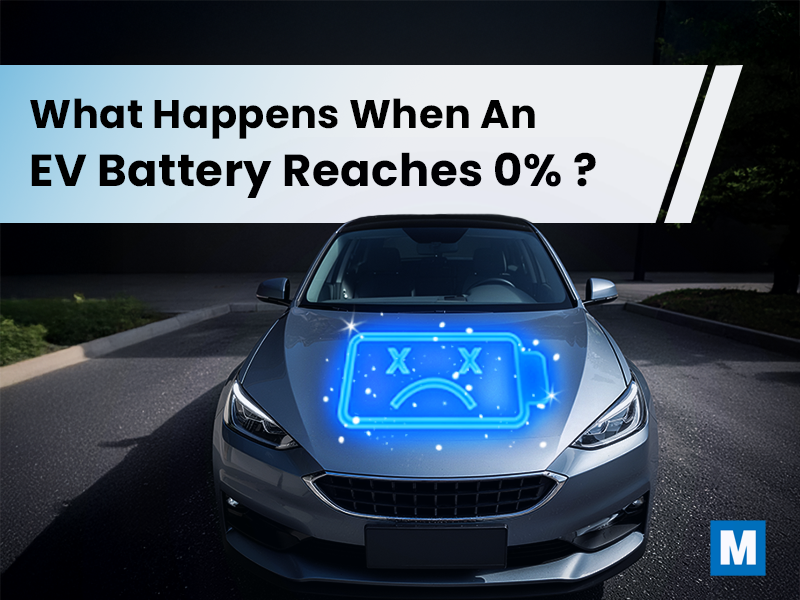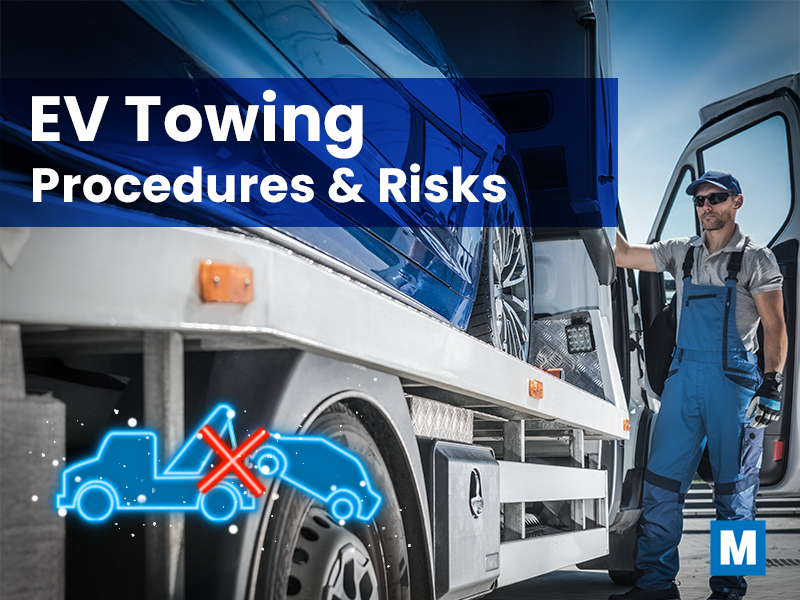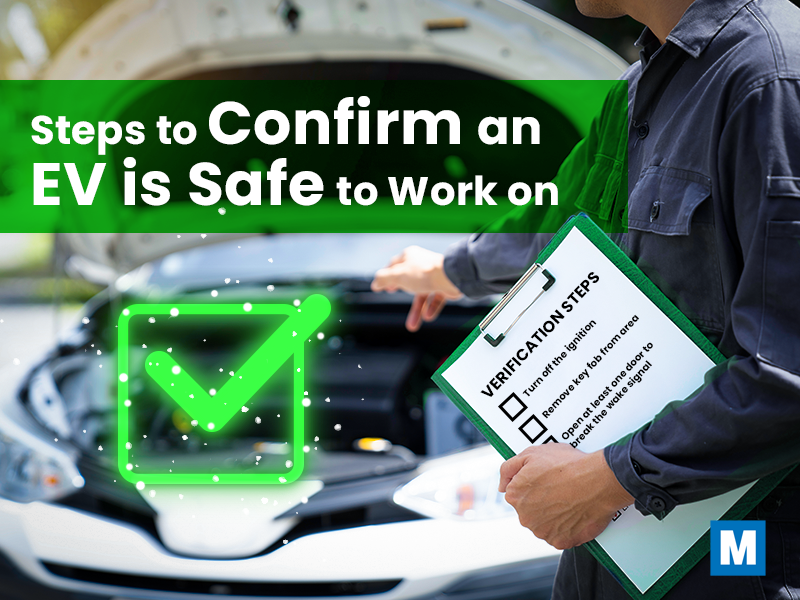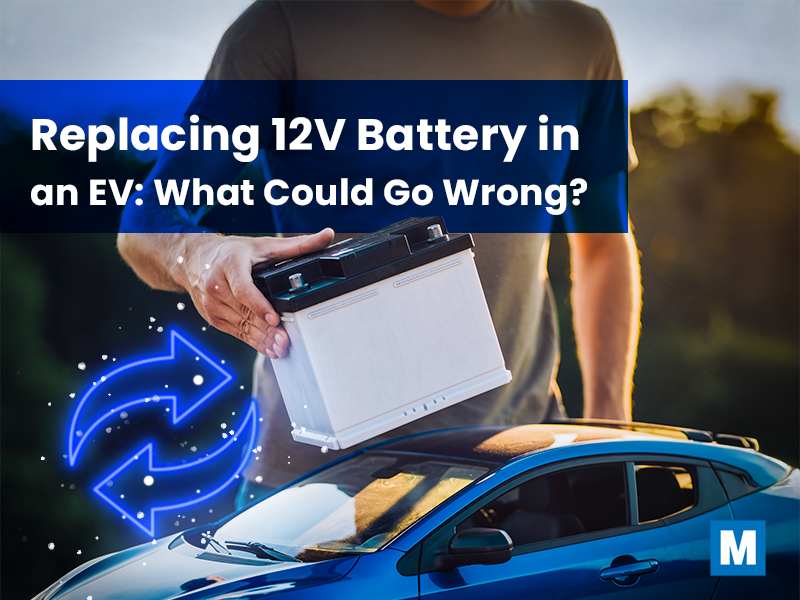
by jason | Jan 15, 2026 | EV Battery
Picture this: You’re cruising down the highway in an electric vehicle, the battery indicator drops to 5%, then 3%, then 1%. The dashboard has been flashing warnings since 20%, and they’re getting more frequent and urgent. You’re not going to make it to the next...

by bregione | Nov 29, 2025 | Servicing and Repairs
Electric vehicles roll into service departments for all sorts of reasons including software glitches, dead 12-volt batteries, collision repairs, and high-voltage concerns. But before any of that work begins, many EVs take a detour to a tow operator’s flatbed. And...

by bregione | Nov 24, 2025 | Battery Life
Battery reconditioning can be a topic that comes up for customers with weak batteries, and even some shops looking to extend battery life. The idea is simple: use charging cycles to revive an aging 12-volt battery instead of replacing it. On the surface, it sounds...

by jason | Nov 3, 2025 | EV Battery
Working on high-voltage electric vehicles isn’t like servicing internal combustion engine cars. Before you touch any orange cables, battery modules, or traction components, there’s one critical question that needs to be answered: Is the vehicle really powered down?...

by jason | Nov 3, 2025 | EV Battery
Swapping out a 12-volt battery sounds like one of the most basic tasks in automotive service. But in electric vehicles, it can turn into something more complex. Unlike internal combustion engine vehicles where the 12-volt system mostly powers accessories, an EV’s...






